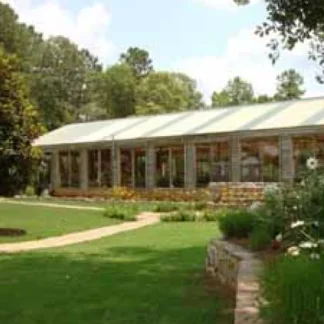Bridges of Hope
Stapleton, Georgia, 2845 Jackie Snider Trail, 30823
Available Programs
- Adult program
- Program for men
- Total beds : 56
- Young adult program
Insurance and Financial
- Self-pay options
About this Facility
Bridges of Hope has four drug and alcohol residential centers located throughout Georgia. Their Stapleton location is a men’s only facility that does not provide medical, psychiatric, and professional counseling services but instead focuses on learning how to live without substances through a positive contribution to society.
Bridges of Hope Stapleton provides residential living arrangements for men who are ready to learn how to live a life of abstinence. Levels of care include residential and aftercare support..As a working facility, Bridges of Hope residents take part in on-site activities like cleaning, housekeeping, maintenance, repair work, gardening, and cooking are commonplace. Occasionally there are off-site trips to perform community service.
The Bridges of Hope Stapleton location provides gender-specific residential treatment for men, including accommodations, meals, daily meetings, and time spent in devotion each morning. This highly structured and hard-working environment requires a dedication to cleanliness and working on the grounds.
Aftercare planning at BOH prepares individuals for a life outside of residential treatment with a focus on how to remain abstinent and productivet. Having basic needs met after graduating the program, such as housing, work, and food are considered and planned out to help achieve success.
At Bridges of Hope, the 12 Steps are a foundational tool for recovery and an industry standard recovery model based on Alcoholics Anonymous (AA). Beginning steps involve admitting powerlessness over the addiction and creating a plan for recovery based on a Higher Power. Middle steps include self-examination and making amends to those who’ve been hurt by the addiction, and the final step is to live a life of continued recovery while helping others do the same. Sister groups to AA include Narcotics Anonymous (NA), Cocaine Anonymous (CA), Dual Recovery Anonymous (DRA), Sex and Love Addicts Anonymous (SLAA) Gamblers Anonymous (GA), and more.
Contact us for more information: (478) 625-3930

Contact Bridges of Hope
Connect with Bridges of Hope by calling their admissions team directly.
(478) 625-3930 Website Get Directions